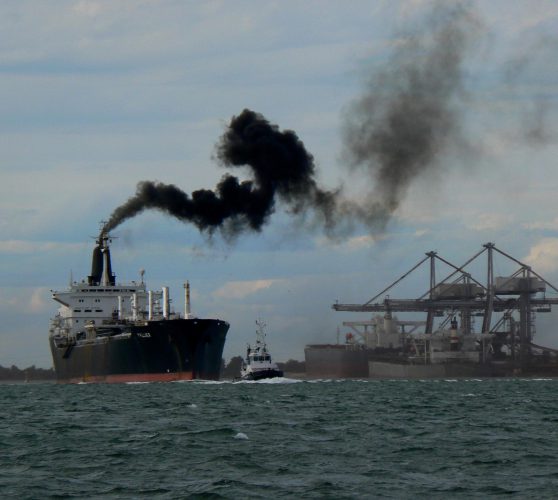Penalties for Violations of California’s Vessel – Generated Air Pollution Regulations Set to Dramatically Increase Next Year
Introduction
Beginning January 1, 2018 parties who own or operate vessels which sail to California will face significantly steeper penalties for strict liability violations of the following regulations:
- California Code of Regulations § 93118.2: Airborne Toxic Control Measure for Fuel Sulfur and Other Operational Requirements for Ocean-Going Vessels Within California Waters and 24 Nautical Miles of the California Baseline (the “Low Sulfur Fuel Regulations”);
- California Code of Regulations § 93118.3: Airborne Toxic Control Measure for Auxiliary Diesel Engines Operated on Ocean-Going Vessels At-Berth in a California Port (the “At-Berth Regulations”); and
- California Code of Regulations § 93118.5: Airborne Toxic Control Measure for Commercial Harbor Craft (the “Harbor Craft Regulations”) (collectively, the “Regulations”).
“Strict liability” refers to when a party is held liable for violating a law, regardless of whether or not they acted negligently, intentionally, or otherwise.
California Assembly Bill No. 617 (“AB 617”)
AB 617 modifies the maximum dollar amount of the civil penalties for strict liability violations of the Regulations. The maximum civil penalty for strict liability violations of the Regulations is found at Section 42402(a) of the California Health and Safety Code. Under that statute, strict liability violations of the Regulations are currently subject to a maximum civil penalty of $1,000 for each day that the violation occurs. Under AB 617 the maximum per-day civil penalty for strict liability violations will increase to $5,000 each day. The civil penalties for violations of the Regulations based on higher degrees of culpability, such as negligence and intentional misconduct, remain unchanged.
AB 617’s Impact on Civil Penalties for Strict Liability Violations of the Regulations
However, even though the Health and Safety Code defines violations on a “per day” basis, the Low Sulfur Fuel and Harbor Craft Regulations provide that each hour a vessel fails to comply with their requirements constitutes a separate violation. Thus, as a result of AB 617, an incident where the Low Sulfur Fuel or Harbor Craft Regulations are violated for just a day could be subject to a maximum civil penalty of $120,000, regardless of whether or not the owner or operator of a vessel was negligent or acted intentionally.
Regarding the At-berth Regulations, the California Air Resources Board uses several formulas to determine the number of violations, which are based on the megawatts of electricity created per hour by a vessel’s auxiliary engines. These formulas can lead to a staggering number of violations depending on several variables, including but not limited to the vessel’s size and the duration of its time alongside a berth.
Owners and operators of vessels which sail to California should review their compliance programs for these Regulations to avoid the increasingly hefty penalties on the horizon.
– Keesal, Young & Logan Maritime Law Group
This information has been prepared by Keesal, Young & Logan for informational purposes only and is not legal advice. Transmission of the information is not intended to create, and receipt does not constitute, an attorney-client relationship between you and Keesal, Young & Logan. You should not act upon this information without seeking professional counsel.
